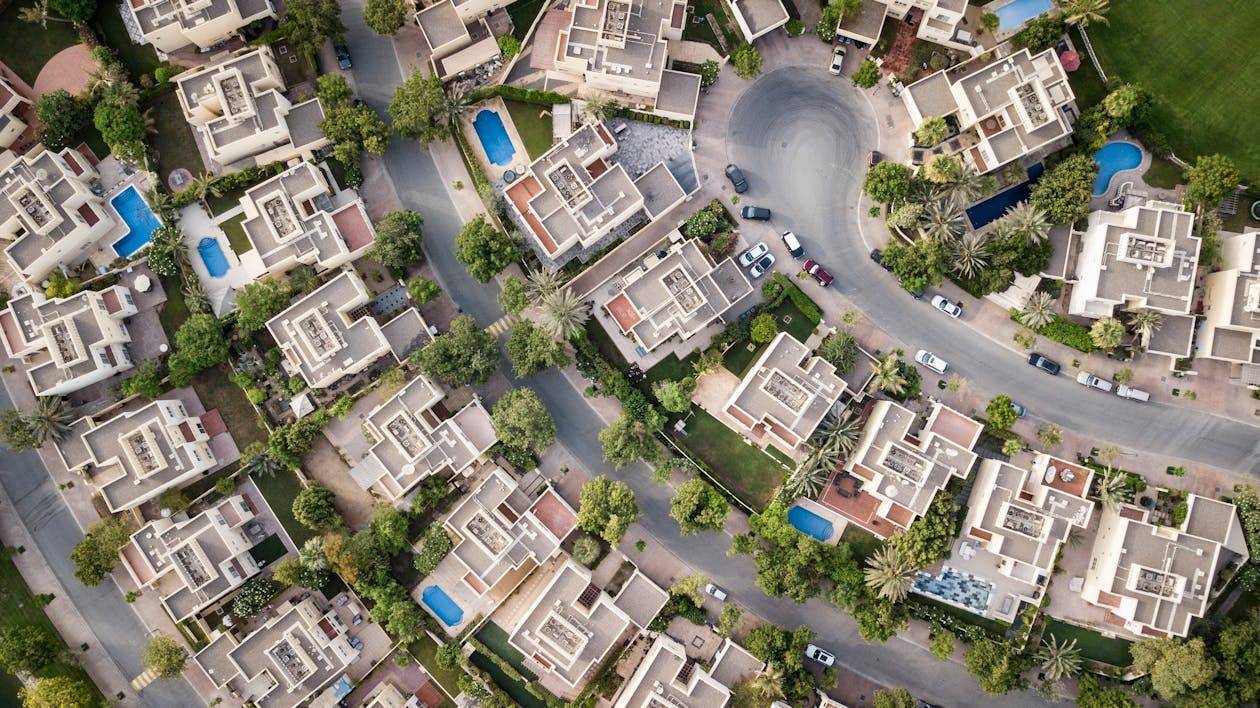Indore, Madhya Pradesh’s commercial nucleus, is undergoing a transformative urban overhaul as it positions itself among India’s most forward-looking tier-2 cities.
Anchored by a multi-crore infrastructure pipeline and smart urban strategies, the city is fast becoming a blueprint for sustainable urbanisation, with its INR 15,000 crore metro rail and climate-aligned development master plan taking centre stage. The Indore Metro Rail, currently in the advanced stages of its first phase, is poised to revolutionise intra-city mobility with a 33.5-kilometre stretch connecting vital economic, cultural and transit nodes. The project, funded partly by multilateral financial institutions, will eventually span 124 kilometres. With a hybrid of elevated, underground and at-grade sections, the metro will deploy automated, driverless trains. Trial runs on key corridors were wrapped up in late 2023, with full operational readiness targeted by early 2025. The metro not only underscores the city’s push for clean mass transit but also signals a shift towards net-zero mobility models.
Concurrently, Indore’s intercity logistics potential is being supercharged with the Hyderabad-Indore Expressway an engineering feat stretching over 700 kilometres across three states. Slated for completion by March 2025, the corridor is expected to dramatically compress travel time between central and southern India. The expressway is being closely watched for its potential to bolster industrial freight movement and catalyse regional trade networks. Parallel to these hard infrastructure projects, Indore’s urban planning is taking a forward leap through its Smart Cities Mission initiatives. Over INR 1,000 crore has been invested in intelligent traffic systems, digital command centres and heritage revitalisation projects like Rajwada and Gopal Mandir. Real-time monitoring of civic services from traffic to waste has brought about tangible improvements in city governance. Refurbished public spaces such as Nehru Park and the rejuvenated ghats have enhanced accessibility and inclusivity, further embedding a human-centric ethos into the city’s evolution.
Looking ahead, the Indore Master Plan 2024–2035 lays a framework that integrates urban expansion with ecological responsibility. Key features include zoning revisions to curb sprawl, green corridor implementations, electric mobility solutions, rainwater harvesting mandates and improved ring road connectivity. The plan is particularly notable for its gender-neutral, equitable infrastructure provisions and climate resilience goals, aligning with India’s national targets on sustainable urban growth.
While Indore has long enjoyed acclaim for its cleanliness and cultural vitality, its recent strides in infrastructure place it in a new league of urban competitiveness. The convergence of smart governance, clean transit and environmentally conscious planning is not merely about physical transformation it is about reimagining how cities can nurture both growth and livability. For a city often seen as peripheral to the big metro circuits, Indore’s trajectory now serves as a compelling model for what the future of tier-2 urbanisation in India could look like.
Also Read : India’s Cargo Sector Rises with Digital Innovations and Infrastructure Modernisation Plans
Indore accelerates infrastructure growth with metro expressway and heritage restoration efforts


